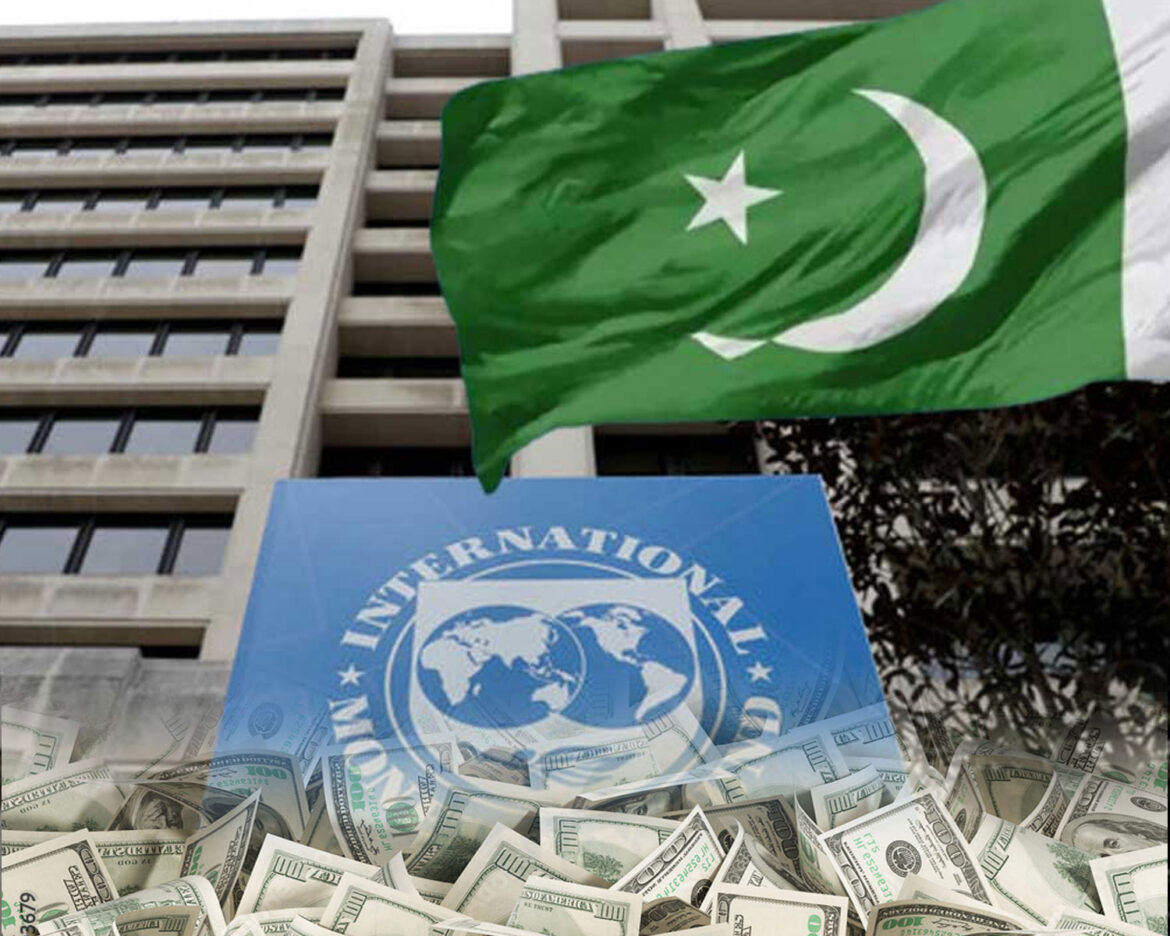Islamabad – The International Monetary Fund (IMF) has agreed to provide Pakistan with $2 billion in financial assistance, citing satisfaction with the country’s economic performance and recent reform measures. This development comes as Pakistan continues to implement structural changes aimed at stabilizing its economy and securing long-term growth.
The IMF’s decision follows a comprehensive review of Pakistan’s economic policies, fiscal discipline, and progress on key reforms under the ongoing bailout program. The approval of this funding signals confidence in the country’s ability to manage its fiscal challenges, boost foreign reserves, and strengthen macroeconomic stability.
According to sources, the IMF has acknowledged Pakistan’s improved revenue collection, reduction in fiscal deficits, and progress in meeting structural benchmarks. The additional financial support is expected to help the country maintain its economic momentum, ensuring stability in the exchange rate and facilitating essential government expenditures.
Pakistan has been working closely with the IMF since securing a $3 billion Stand-By Arrangement (SBA) in 2023 to prevent a financial crisis. The latest funding will further aid in covering external financing needs and sustaining critical reforms in taxation, energy, and monetary policies.
Finance Minister Muhammad Aurangzeb welcomed the IMF’s decision, stating, “This support reflects the global financial institution’s trust in Pakistan’s economic management. We remain committed to implementing reforms that drive sustainable growth and financial stability.”
With this fresh injection of funds, Pakistan aims to continue its reform agenda, attract foreign investment, and strengthen investor confidence. The IMF’s backing is also expected to encourage other international lenders and allies to support the country’s financial recovery.
The IMF’s financial assistance is anticipated to be disbursed in the coming weeks, subject to final approval by the Fund’s executive board.



